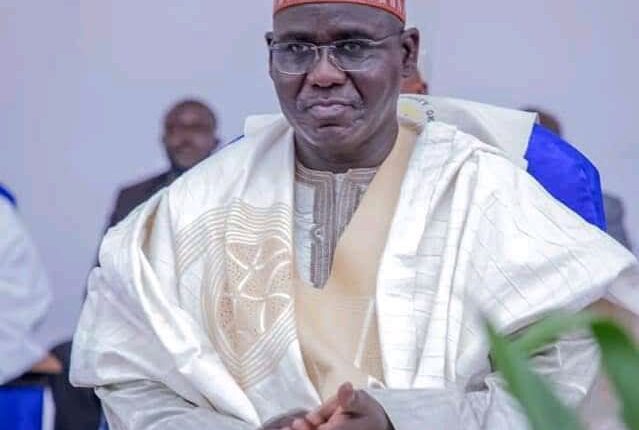In a democracy like ours, the media occupies a critical space in shaping public opinion, guiding national discourse, and holding institutions accountable. But when sensationalism overrides facts, and when haste takes precedence over verification, the media ceases to serve the people and begins to mislead them.
The recent misrepresentation of a statement credited to Senator Ali Ndume, suggesting that former Chief of Army Staff, Lt.-Gen. Tukur Buratai (retd) narrowly escaped an attack by Boko Haram, is yet another example of the dangerous drift towards unprofessional journalism in Nigeria. Senator Ndume has since clarified that it was Buratai Town in Borno State that was attacked, not General Buratai himself. Yet, several media outlets rushed to publish headlines insinuating that the respected retired military officer had barely survived a terrorist ambush.
This error is not just a harmless mistake; it is a gross misrepresentation that borders on deliberate misinformation. In a region already grappling with insecurity, fear, and psychological trauma, such falsehoods can escalate panic, discredit our security architecture, and unfairly tarnish the image of individuals.
At the heart of this issue lies a fundamental lack of professionalism and disregard for ethical standards. What happened to fact-checking? What became of editorial oversight? And where was the basic journalistic principle of confirmation before publication?
In a time when public trust in institutions is waning, the media must not add fuel to the fire through reckless reporting. Credibility is the media’s most valuable currency; once lost, it is difficult to regain. When the public begins to question whether what they read, hear, or watch is accurate, democracy itself is weakened.
This is a wake-up call for media practitioners in Nigeria. There is a dire need to return to the basics of journalism: verify before you publish, separate fact from speculation, and resist the lure of clickbait headlines that distort the truth. Journalism is not a race to be the first to publish; it is a duty to be right and responsible.
Media regulators and professional bodies must also rise to the occasion. A system that fails to hold journalists and editors accountable for false reporting is complicit in the erosion of public trust.
Let us not allow the noble profession of journalism to be drowned by the noise of misinformation and sensationalism. Let us insist on accuracy, fairness, and truth. The public deserves nothing less.



[…] to police sources, the incident took place after the former couple met in an attempt to resolve lingering issues related to their separation. However, the discussion reportedly turned confrontational, […]